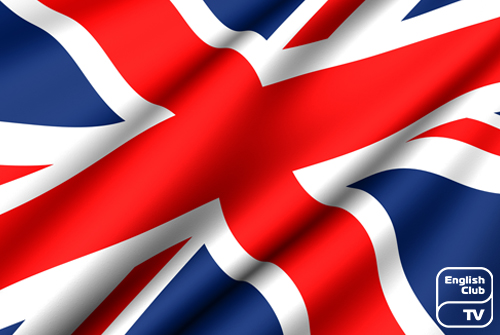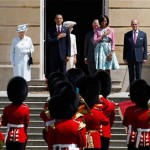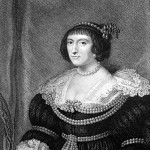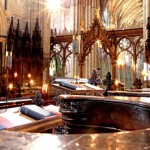The British national anthem begins with the phrase “God Save The Queen”. When a king rules the country, “Queen” is replaced with “King” and all feminine pronouns are likewise changed. Not only in England but other countries that accept the realm of the Commonwealth Organization also use the British Anthem along with theirs. British history does not mention who wrote the song. But in some places, it was mentioned that John Bull who lived in 1619 may have written it.
Apart from the original version of the patriotic song, many other historical and shadow versions are now available. However, officially there is only one version, sometimes two or three, are accepted. The Oxford Companion to Music shows many other versions that nearly resembles the original one.
Some music pieces created by John Bull (1619) also has a close affinity to the original anthem. However, another widely accepted idea is that an ancient carol in Scotland had used a phrase that reads ‘Remember O Though Man’ which is very similarly sounding to that the original created.
In 1744, the British National Anthem received its print version in Thesaurus Musicus. The following year, Scotland widely used this print version during the period in which Charles Edward Stuart arrived in the country. It was published in The Gentleman’s Magazine as well. The present day anthem is very similar to that of the print version published in this magazine. It was recorded during the period (1745), and it was a widespread practice for this version of the anthem to be sung in theatres in London.
The United Kingdom and Northern Ireland also use this national anthem. Only custom and usage make it a law to sing the accepted version of the National Anthem in the United Kingdom or any other country in the territory. However, movements are there in the territory to bring an official anthem taking into account songs by Parry and Blake and Elgar such as ‘Jerusalem’ and ‘Land of Hope and Glory’.
“God Save the Queen” was accepted in 2003 by Great Britain and Northern Ireland as their national anthem. At the Commonwealth Games, many versions of the National Anthem were sung when athletes received their awards. One such is the popularly known version ‘Danny Boy’. ‘Jerusalem’ was also sung in this regard at the Commonwealth Games. But at Olympics, ‘God Save The Queen’ has been in use for all these years when athletes from the United Kingdom receive their medals.
The present melody of the Anthem (G Major) comes from the originally printed anthem. But there are slight differences, especially with the second voice. The standard version is a four-part choreography. A version derived from the military band also exists. It came into being in the 20th century with a high B key introduction. However, this one is considered a more difficult version of singing. A composition of Gordon Jacob that was sung at the coronation of Queen Elizabeth II is also available at present.
God Save the Queen
(standard version)
God save our gracious Queen!
Long live our noble Queen!
God save the Queen!
Send her victorious,
Happy and glorious,
Long to reign over us:
God save the Queen!
O Lord our God arise,
Scatter her enemies,
And make them fall:
Confound their politics,
Frustrate their knavish tricks,
On Thee our hopes we fix:
God save us all.
Thy choicest gifts in store,
On her be pleased to pour;
Long may she reign:
May she defend our laws,
And ever give us cause,
To sing with heart and voice,
God save the Queen!









